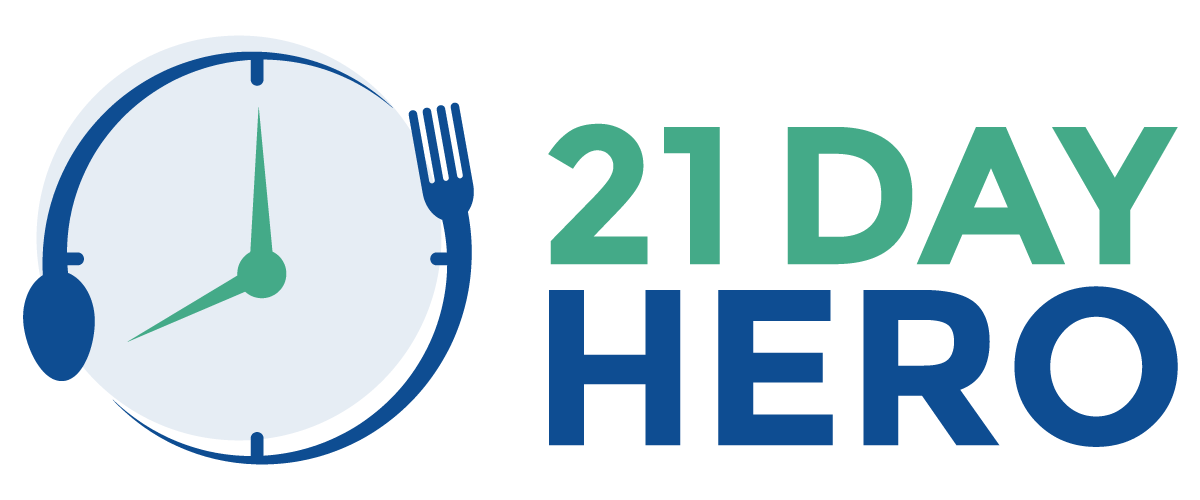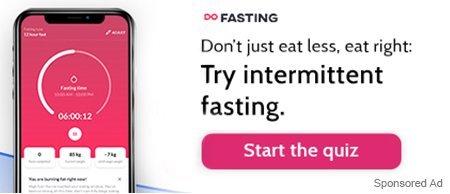can you drink alcohol while fasting | alcohol during Eating Window | alcohol with the least calories
Can you drink alcohol while intermittent fasting, does alcohol break a fast? Lets answer your questions! Intermittent fasting has become a popular lifestyle for many wanting to lose weight, improve brain function and boost the immune system. The main rule for intermittent fasting is to stick to a specific eating and fasting window.
This means no food during fasting hours. But what about drinks?
Anyone doing intermittent fasting might know the 3 fasting-safe drinks: water, black coffee, plain tea. These don’t contain any calories, therefore can be consumed during fasting hours when no food and caloric drinks are allowed. Here’s a more in-depth guide on intermittent fasting drinks, but we know you are here to answer: “can you drink alcohol while intermittent fasting?”
In short, drinking any type of alcohol during the fasting window will break your fast. However, you can drink alcohol during your intermittent fasting eating window. But there’s more to it, and in this article you will find detailed answers to these questions:
- Can you drink alcohol during fasting window
- Why does alcohol break a fast
- Can you drink alcohol during intermittent fasting eating window
- Which alcoholic beverages have the least calories
Can You Drink Alcohol While Intermittent Fasting?

Anything that has calories, even if it is a tiny amount, breaks your fast. Therefore while fasting you shouldn’t consume any food or drinks that contain calories.
Since all alcoholic beverages have calories, drinking alcohol during your fasting window will break a fast. This is why you shouldn’t drink alcohol during your fasting window.
If your main goal is to lose weight, being in an overall caloric deficit is the main reason why you lose weight with intermittent fasting. Hence, some intermittent fasting fans allow up to 20 kcal during the fasting window if that helps them keep away from food for longer.
Should you go for an alcoholic drink then? We highly suggest against it.
Firstly, it is unlikely alcohol will help to extend your fast. It’s not filling and won’t make you less hungry. Quite the opposite, most alcohols are high in carbs, which cause a spike in insulin levels, making you even hungrier than before.
Secondly, contrary to what many people think, alcohol is quite high in calories. Here’s how much alcohol would make up around 20 calories:
- 2 tablespoons of red wine
- 3 tablespoons of beer
- ⅔ tablespoon of whiskey, vodka, rum or gin
Doesn’t really seem worth breaking the fast, right? If anything, a tiny splash of cream in your coffee or tea could do a far better job at keeping hunger at bay.
Now when we’ve made sure that alcohol during a fasting window is not the right choice, let’s see whether you can drink alcohol during intermittent fasting eating hours.
Can You Drink Alcohol During An Intermittent Fasting Eating Window?

The beauty of intermittent fasting is that it doesn’t restrict what you eat. Intermittent fasting is all about when you eat. That means you can still practice intermittent fasting and enjoy a glass of wine with your dinner, or a margarita on your night out. The only rule is to make sure it’s during your eating window. So, does alcohol break a fast? Yes, it does due to the caloric intake.
However, remember that intermittent fasting works by restricting caloric intake. This means that if you binge eat or consume the same amount of calories during hours when you’re not fasting, you won’t be dropping any weight.
To reach a sustainable, long-term weight loss, you should not only rely on intermittent fasting but also review your diet. This would mean less high-calorie fast food and empty calories like foods and beverages composed primarily of sugar, fats or oils, or alcohol-containing beverages. These foods and drinks contain a lot of calories but provide little health value, such as vitamins, minerals, antioxidants, and others.
Let’s also not forget that alcohol lowers your inhibitions about the food choices you make. You are more prone to impulsive snacking and binge eating when drinking alcohol.
Therefore, if your main intermittent fasting goal is to lose weight, try to limit alcohol intake as much as possible.
If I Choose To Drink Alcohol, Which Alcoholic Beverages Have The Least Calories?

What if you want to enjoy an occasional drink and still practice intermittent fasting to lose weight? Which alcoholic beverages should you avoid and which ones to choose instead?
Let’s take a look at how much calories some of the most commonly used alcoholic beverages have:
- 1 glass of red wine (Merlot) – 122 cal
- 1 glass of red wine (Riesling) – 121 cal
- 1 glass of red dessert wine – 165 cal
- 1 pint of beer – 208 cal
- 1 shot of whiskey, vodka, rum or gin – 97 cal
- Cosmopolitan – 146 cal
- Margarita – 148 cal
- Mojito – 143 cal
- Pina Colada – 174 cal
- Rum and Coke – 185 cal
- Vodka and tonic – 189 cal
As you can see, wine, particularly dry white and red wine, would be a better choice than beer or mixed drinks. While spirits contain fewer calories when mixed with soda, juices and other ingredients, these drinks end up being calorie bombs.
Thus, If you’re concerned about calories while drinking, avoid beer, dessert wines and mixed drinks. Just make sure to keep health risks from alcohol to a low level and stick to the Center of Disease Control guidelines. This would mean up to 1 drink per day for women and up to 2 drinks per day for men. But when it comes to alcohol – the less the better.
How to master your intermittent fasting lifestyle
Whether you’re an intermittent fasting beginner or already practicing for a while, there’s always a room for improvement.
In 21-days you can learn all about intermittent fasting drinks, get proven tips on overcoming hunger and making intermittent fasting a solid habit. A group of motivated intermittent fasting supporters, start the biggest intermittent fasting challenge every Monday. Join us today!












